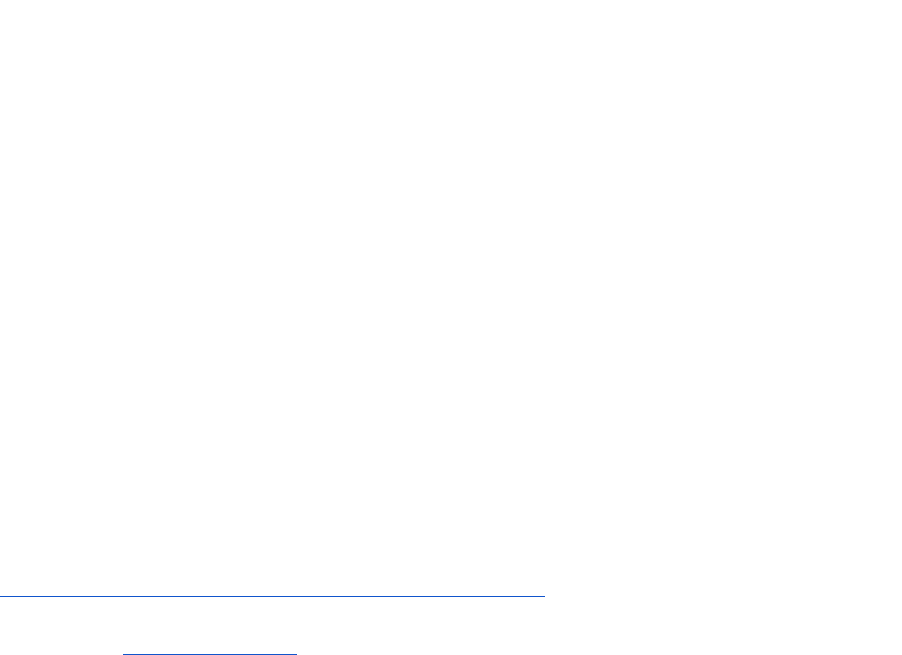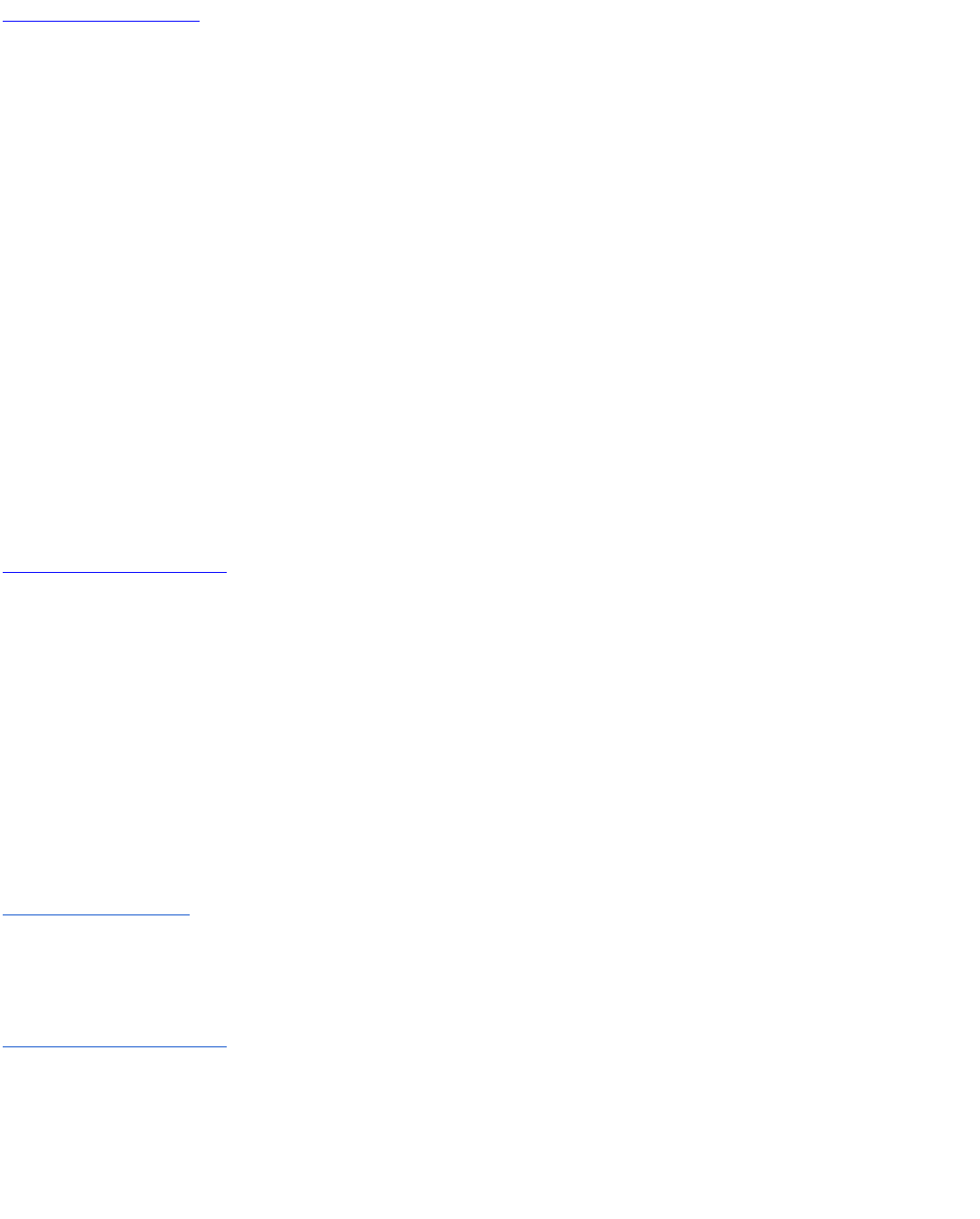
Technology Recruitment
Many thanks to the Swarthmore alumni working in various tech positions for sharing their insight below.
Roles
Software Engineer - develop/design software, write code, fix bugs, write tests (software that
catches bugs), give tech talks, review other people’s code, project planning
Quality Engineer - testing, try to break code
Performance Engineer - optimizing software, performance tuning and analysis
Release Engineer - ship large amounts of software
Systems Engineer - interdisciplinary, includes management, design and manage complex systems
over their life cycles
Security Engineer - network/systems security
Data Scientist - optimization of large data sets
Data Analyst - analyzing data
UX Designer - user experience, visual, build great experiences for humans
Tech Doc Writer - user documentation
Product Manager - connect customer to engineering team, market research, embedded in
engineering team
Project Manager - organize the work of engineering teams
Trends
- Coding is extremely agile; your customers and industry change constantly
- Work is iterative and extremely collaborative; you will never be able to produce by yourself
what you can with a team
- Emphasis on Minimal Viable Product (MVP): build small, ship, get feedback, make iterations,
continue to grow
- Coding is fast-paced: continual learning, need to adapt and stay abreast of changes in industry
Large vs. Small Companies
Large
- Description: mature technical processes, will learn by osmosis, interesting architectural
problems and a lot of research going on, opportunity to attend many technical talks, training
programs and clear career paths
- Recruiting: large, substantial recruiting teams; majority of university recruiting in fall (FT and
internships); recruit on campus, at conferences and career fairs and on their university recruiting
site; network with Swarthmore alumni (through LinkedIn and Swarthmore alumni directory)
Startups
- Description: funded by angel investors, VCs, Series-A (first round of funding after angel
investors), IPOs. Generally smaller but potential for massive growth. More time to code and

wear multiple hats (can take initiative and gain experience in many different functions). High risk,
less stable but potential for massive growth
- Recruiting: smaller recruiting teams (if any), timelines vary but are usually later than large
companies, recruit online or through their own networks, use the Swarthmore alumni network
for referrals
A note about the Gig Economy: Read about retirement saving in our Life After Swarthmore guide.
Read industry reviews in Vault (log in through your Swarthmore Handshake account). Also consider
sources for health insurance - are you getting it through your employers or on your own.
If it’s a short term project, talk with your supervisor about a recommendation after the project ends.
Alumni @ Successful Tech Startups and at other tech companies include (find them
on Linkedin for their most updated employment and career path):
Airbnb Donna Boyer
Ancestry Evan Wittenberg
Care.com Matt Coddington, Josh Smift
Cloudera Haley Most
Dropbox Amandine Lee
Opentable Miles Skorpen
Pivotal Marie Cosgrove-Davies
Spotify Kenny Ning
Square Dan Rice
Stitch Fix Cathy Polinsky
SurveyMonkey Chuck Groom
Wayfair Saurav Dhitel
Also, check Linkedin’s Career Insights feature to learn about the career paths of alums in specific
locations, organizations and fields. You can search by these categories at
https://www.linkedin.com/school/swarthmore-college/alumni/
Swarthmore’s own Online Alumni Community is a great resource for this information, as well. Read
Swarthmore’s Networking Guide for advice and information about contacting alumni.
For example, you will find Swat alums are working in tech at these organizations:
Guidepoint
Stripe
Flipboard
Reddit
Spotcloud
Verily
Starry
RISE
Uber
Waymo LLC
EPIC Systems
Networking
- People: alumni, faculty, conferences, Career Services
- Online: LinkedIn, Facebook, job sites, conferences, Github
Resumes

- Experience: project description, what you did, why you did it, what technologies you used, what was
complex/novel, how you tested it, impact/results. 30-40% of resume should focus on projects. Add keywords
that companies search on (see job description).
Workshop on Technical Resumes, conducted by Google representatives at Swarthmore
General Guidelines:
● focus on results and impact, listing metrics that measure impact rather than long job descriptions
● add LinkedIn and GitHub links to heading of resume; companies will review both so be sure your sites are
professional
● include any open-source project links
● register the domain of any personal website with GoDaddy.com so it won't expire
● make sure any embedded links in the resume are functional
● resume length: one page per 10 years of experience
● don't be afraid to show who you are, e.g. extracurriculars that connect to the organization's values
● use bullet points and be concise
● cover letters aren't necessary for Google
Education Section:
● list key courses, including Discrete Math, Data Structures, Algorithms, Advanced Algorithms, Databases,
Machine Learning, Artificial Intelligence, Distributed Systems, Linear Algebra, Vector Calculus and other math
classes
● include important projects and group research you have completed in your courses; can include under
Education or in a separate Projects section
● can include prizes won at hackathons in an Awards section within Education (or in a separate Awards section)
Technical Skills:
● list immediately after Education in its own section
● list object-oriented programming languages (e.g. Java, JavaScript, C++, C, C#, Python, Swift) in order of
proficiency from most proficient to least proficient
● feel free to indicate level of proficiency, e.g. Proficient in Java; Familiar with Python
● be ready to conduct your interview in any of the languages you've indicated you're proficient in; you don't
need to be proficient in every language on your resume, but you should know at least one well
● can include foreign languages and other technical skills in this section
Experience Section:
● showcase your academic research, open-source projects (e.g. Contributed x line of code to y open-source project
and include a GitHub link), mobile app & web development, hackathons/coding competitions, leadership in
student groups, participation in programs like Google Summer of Code
● publications, presentations, papers and patents are great to include but not needed if you don't have
● the first bullet points under an experience is typically your thesis statement, i.e. what you did
● the next bullet points describe your impact, quantified if possible; your impact indicates that without you, this
wouldn't have happened, e.g. I accomplished x by doing y, measured by z
Interviews (see list of alumni mock interviewers at end of document)
- Phone screens: What’s your favorite class? Why did you decide to study CS? What websites do you like?
How do you learn new technology? What’s the most interesting project you’ve worked on? Why? What
technologies did you use? Did you work by yourself or with a team? How did you divide up the work? What did
you personally work on? Did you have any design disagreements? Have you ever used any source control

system? How did you test your project? What was the result/impact? What would you add if you had more
time? How would you scale it?
- Technical Questions: Data structures (arrays, linked lists, hashtables, trees); Algorithms (know at least one
sorting algorithm - bubble, merge, quick); Big O notation, best/worse average analys; OO design (objects vs.
attributes) Databases (create a schema for...write a query for...inner/outer join, tools to optimize a slow query),
Frontend (design a webpage for...What javascript libraries have you used? Explain css box model. How do you
prevent cross-site scripting-XSS)
- Design Patterns: Elements of Reusable Object-Oriented Software by Gamma, Helm, Johnson and Vlissides an excellent
resource
- Steve Yegge’s 5 most essential phone screen questions: 1) Coding (write simple code with correct syntax in C,
C++ or Java) 2) OO design (define basic OO concepts and model a simple problem) 3) scripting and regexes
(describe how to find phone numbers in 50,000 html pages 4) data structures (demonstrate basic knowledge of
most common data structures) 5) bits and bytes (answer simple questions about bits, bytes and binary numbers)
- Your Questions: What made you decide to work here? Where did you intern or work before? What project
are you working on? What technologies do you use? What’s the release cycle like? How does your team work
with other groups? Who are your top customers/users? How fast are you growing? What are your biggest
challenges? Who are your biggest competitors?
- Full Day Interview: 4-6 45 minute interviews; each company and manager has different styles; 1-2 people
will meet with you in each slot. Focus areas can be data structures, algorithms, design, databases, frontend
technologies, logic puzzles and problem solving
- Whiteboard Questions: stay calm, listen carefully, ask questions if you don’t understand, solve simplest
solution first, check your code, talk about efficiency/trade-offs/improvements, iterate, think out loud/have a
conversation
- Pair Programming: two people in front of one computer, collaboration is key, think out loud and throw out
options before storming ahead, check your code, write tests, talk about efficiency/trade-offs/improvements, be
the person that you would want to work with
- Take Home Test: read instructions carefully, ask what’s most important to the tester and prioritize if timed,
add your name to the code, document, add test code
- Culture Fit: Do you fit the values of the team? Show interest and enthusiasm; passion for technology;
knowledge of company; demonstrate you’re a fast learner, hard worker and have motivation/drive
- Interview is time to talk about job and opportunity, not $
Offers
Hiring decisions are generally made by a development manager; timing depends on number of openings and candidates
and generally a response can be made quickly. If you don’t get an offer, it could be you’re a good company fit, but not in
that role; they have multiple strong candidates; they have headcount/budget issues; or the manager simply got busy and
hasn’t made a decision (following up is a good idea).
After you get a verbal offer, ask questions about offer, benefits, compensation and equity. It never hurts to ask for more,
based on assets you’ll bring to the team!
Most companies don't have a huge variation in what they offer college hires. If you were a summer intern and they're
asking you to return, they'll be putting together a competitive offer. They know from your internship performance that
you'll be successful so they will want you to accept. If you want to get the absolute best possible offer, your best bet is
to have a competing offer from another similar or higher tier company: Amazon, Google, Facebook, Apple, Microsoft,
Airbnb, LinkedIn, Salesforce, netflix, etc. This could potentially increase your offer by 5-20K -- but it will take a lot of

time to do, is not a guarantee and it might not be worth it to you if you know you want to work at the organization
offering you employment and have a lot on your plate at Swarthmore.
Compensation may include base salary, bonus and equity options. Equity can mean stock options or RSUs:
- Stock options allow you to buy stock at a future date at the price it is today, but you will vest over time and
can’t access immediately
- Restricted Stock Units are actual stock you receive, must pay tax when sold
Multiple Offers
If you want to get an offer from another company, write to an alum at a few of the companies you’re interested in, send
them your resume and say that you have a pending offer from ___ but you have always admired company x and would
really like a chance to interview with the company before you accept the offer. If their recruiting team is on top of
things, they will fast track your application and interview process so that you can decide with both offers together.
Alumni can provide practical advice on negotiating with multiple offers.
- Be transparent
- Let recruiter know you’re excited by the offer
- Ask for more time if needed
- Figure out what you want
- Give yourself a deadline
Negotiation Script
If you decide not to get a competitive offer but don't think your offer is really competitive or want to try to negotiate
more, you can say something along the lines of "I really want to work at ___ and I'm very excited to receive this offer
but the salary is lower than I expected. I was hoping for something in the range of $x-yK. Is there any room for
negotiation?" Then just pause and wait to see how they respond. You don't have to accept on the spot - you can be
gracious but say that you need some time to think about the offer. Remember that employees earn money because they
add value to an organization, so you should respectfully reiterate how you will benefit the organization.
*If you want to negotiate your offer, the big companies are more likely to budge on a signing bonus or increased equity
rather than base salary.
Equity Valuation
Consider how much funding any pre-IPO company has obtained; it may be hard for employees to see much up-side to
the stock. It is so hard to predict the market. Put more weight into whether this is a job where you think that you can
learn and grow as a professional and make an impact and less on whether you will make millions on the stock. If you
have a good boss and a good project, you'll set yourself up for a great career in the tech industry whether you decide to
stay at that company for a longtime or if it's just your first company of many.
If you want to try to make a guess at the value of a company, you look at the current valuation and make an estimate on
what you think its potential upside to be. For example, as of September 2017 Uber was valued at around $68B in the
last funding round. Benchmark (major Uber investor so very biased) says that Uber could comfortably be worth $100B
in the next few years. If you believe that number, that would be an increase of 47% in valuation. Assuming that most of
the stock is structured equally and that there are not a significant portion of preferential stock, you could multiply your

shares times 47% to get a sense of upside. So if you are given 1000 shares at a valuation of $10 and the value goes up to
$14.70 in a few years, you would make $14.70 for each share netting out to $4,700.
Most private companies are fairly tight lipped about their equity cap table but there are a few things that you should ask
to be able to look at the valuation. Don't be surprised though if they can't or won't tell you the answers to these:
- What is the current RSU price/value of the options?
- How many outstanding shares are there? How much dilution do they generally have each year to fund employee
grants?
- What was the internal valuation of ____ at the last option pricing?
If they won't answer these questions, I would ask them to walk you through how they would value the equity grant and
what they see the potential up-side to be. Note, your shares are granted and priced at the first board meeting after you
start. With a company as dynamic as many in this industry, a lot can change between now and the near future so all of
your calculations may change significantly between now and then.
Attitude Counts!
- It’s a small world
- Reputation is important
- Be trustworthy and professional
- Don’t renege. Do not accept an offer and then rescind if you get a better offer later. It's super bad form and has
the potential to impact your reputation. If you accept at a company and then later hear of another college
student with a higher offer at that company, it's not unreasonable to email the recruiter and say that you are
friends with someone who got a higher offer and ask if there is any room to increase the salary. Worst they can
say is no.
- Inform other companies you’ve interviewed with and any alumni you’ve networked with after you’ve accepted
an offer. Keep the door open for future opportunities.
- You’re in demand...but don’t be arrogant about it
Alumni Technical Mock Interviewers
The following alumni have generously offered to conduct mock technical interviews with students. Students are
encouraged to reach out directly to the alumni to ask for assistance.
● Alums’ job titles are listed here for students to determine which person would be the best to contact.
● Please also research these alums on Linkedin before contacting them to help determine whose experience might
be most insightful and to learn more about their work.
● Please be professional in your outreach/request and remember that the alumni are also very busy. The
Networking Guide in Career Services has helpful advice for introducing yourself to alums.
● Know that there are many more alums who are willing to help students. Check the Alumni Online Community
and Linkedin with your desired search criteria.
Alex Rothenberg ‘92
Software Architect at Iora Health
Micah Harkins
Amazon Web Services
Software Development Engineer 1

Jacob Mattison, ‘94
Senior Software Engineer, Technolutions, Inc.
jacobmattison@yahoo.com
Matthew Katinsky ‘87
Senior GIS Programmer
Schlosser Geographic Systems, Inc.
Anthony Manfredi, '07
Software Engineering Manager, Transfix.io
Demetrios Karis ‘74
Ph.D. in Experimental Psychology
Working as a UX (user experience) researcher
Instructor at Bentley University in Human Factors in Information Design Department
Company: Karis User Experience Evaluation
Previously at GTE Labs and Verizon
Alex Benn '08
Senior Software Engineer, Google
Max Parke '11
Software Engineer, Google
Madison Garcia '14
Software Engineer, Google
happy to offer information and other support to tech students, but not mock interviews
Andrew Ruether ‘94
Head of Academic Technology Support
Peng Zhao '15
Software Engineer, Google
Sample resume on next page
Tommy Technology
(555)-111-2345 | TommyTech@gmail.com
EDUCATION
Swarthmore College Swarthmore, PA Bachelor of Arts in Computer Science & Economics (GPA: 3.5) May 2019
• Honors & Awards: Ron Brown Scholar, Phillips Evan Scholar, and Ronald McDonald Scholar
• Relevant Coursework: Data Structures and Algorithms, Software Engineering, Artificial Intelligence, Computer Security, Compliers,
Single-Variable Calculus, Statistical Modeling, Linear Algebra, and Discrete Math
RELEVANT TECHNICAL SKILLS
Languages: English (Native), Spanish (Basic), C, C++, Python, x86, OCaml, JavaScript, Java, HTML/CSS, Stata, and R
Web & Mobile: Node.js (React, React Native, Redux, OAuth 2.0), JQuery, AJAX, and Bootstrap Data Analysis: ggplot,
sklearn, pyplot, numpy, and pandas Technologies: Windows, Linux, Excel, GitHub, MongoDB, TensorFlow, and LaTex
RELEVANT SUMMER EXPERIENCES
Horizons School of Technology (a MERN stack development boot camp) Fellow Summer 2017
• Implemented several MERN stack application during daily, collaborative coding exercises
• Assisted peers with debugging and conceptual understanding of system level knowledge and algorithms
First National Bank of Omaha (a midsized commercial bank) Project Management Intern Summer 2015
• Researched banking preferences of millennials in the are and wrote business case for a product to meet their preferences
• Designed fronted wireframe for a millennial focused mobile banking and financial assistant app
TECH PROJECTS
Campfire Technology used: Node.js (Hapi, pg, Pug), React, Redux, Firebase and Heroku Winter 2016 - present
• Utilized Hapi, Heroku, and Postgres to develop a web app to centralize information about local events
• Created fronted initially using Google Map’s Javascript API and Pug templates
• Increased app performance by converting the app to a single page app using React, Redux, and Firebase
• Designed and integrated REST API for IOS app written in Swift
Live Class Technology used: Express, Heroku, React, and Redux Summer 2017
• Created livestreaming classroom MERN stack web app
• Implemented livestreaming feature using YouTube’s Livestreaming API
Rattlesnake Technology used: OCaml and C++ Spring 2017
• Built a computer for a functional language that supports three primitive value types, first-class functions, TCO, and closures
• Used C++ to handle garbage collection, system calls, and linkage
RECREATIONAL ACTIVITIES
Co-president, Swarthmore African American Association
• Elected to represent African American students to Swarthmore’s students and staff
• Organized multiple school wide events and weekly meetings, increasing the number of attendees from the previous year Tech
Chair, National Society of Black Engineers, helped found Swarthmore’s chapter, fundraised 10k for trip to national convention
Member, ABLLE, mentored high school students and college underclassmen, lead and hosted fundraisers and other large events
Interests: mixed martial arts- American boxing and wing chun; dance- unfundalai and modern
